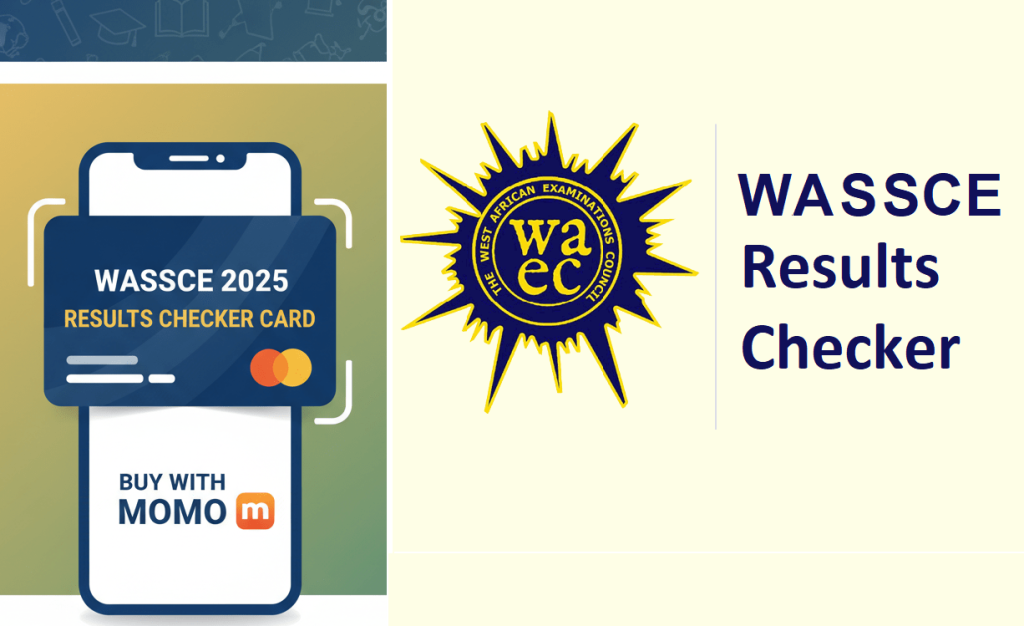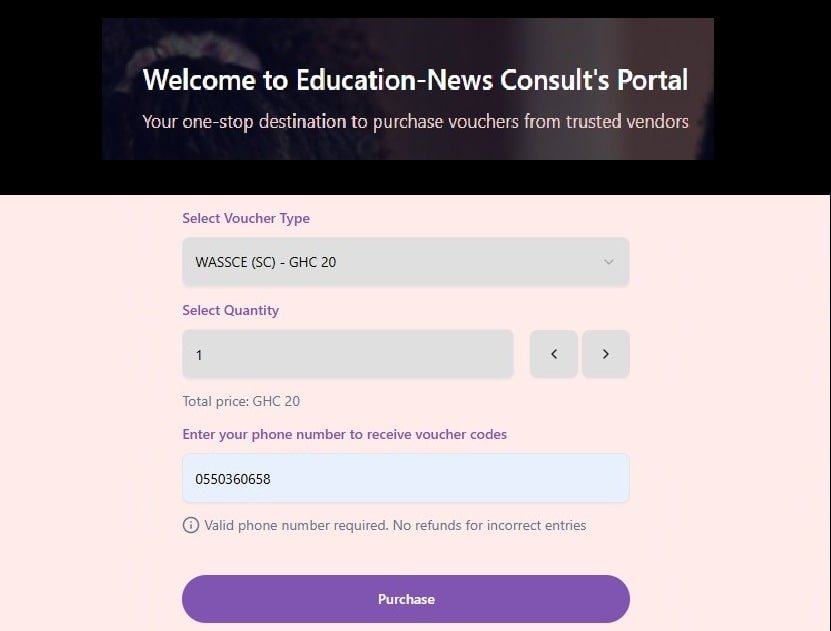Do you know “How to Answer the New BECE Questions by WAEC and NaCCA?” Whatever your answer, keep reading.
As BECE candidates prepare for their upcoming examination, Education-News Consult has consistently received alarming messages and calls from JHS students, particularly regarding their inability to respond to the new WAEC/NaCCA question format.
The 2019 NaCCA Common Core Curriculum for junior high schools changed the BECE’s questioning style from direct questioning to one that requires candidates to think critically, apply knowledge, and use problem-solving skills.
The Ministry of Education (MoE), Ghana Education Service (GES), West African Examination Council (WAEC), the National Council for Curriculum and Assessment (NaCCA) of Ghana, and other relevant stakeholders must collaborate to introduce learners and teachers to this new questioning style of testing starting in JHS with the help of sample questions.
Sadly, this was not done until April 2024, barely two months before the 2024 BECE. This means that teachers and learners will not have to adjust from the direct questioning format to the new one based on the different sample questions released by WAEC and NACCA.
The sample questions also came without answers, hence creating more challenges.
However, in January 2024, the Education-News Consult began using critical thinking, knowledge application, and problem-solving questions for its home and school mocks. These mocks introduced candidates taking our examinations, especially through the Home Mock services, to questions in the WAEC-NACCA format and helped them develop a strong and excellent understanding of how to approach such questions. As the 2024 BECE draws nearer, there are hundreds of thousands of 2024 BECE candidates who are struggling to answer the new WAEC-NACCA sample questions and those administered by Education-News Consult. In this article, we attempt to share with candidates how to solve such examination questions.
How to Answer the New BECE Questions from WAEC and NaCCA
In order to comprehend the problems and questions presented in the new WAEC and NaCCA forms, candidates must read the questions with the intention of understanding them.
How to Respond to Application, Critical Thinking, and Problem-Solving Questions in the Exam Room
1. Understanding the question
Step 1: Read carefully.
- Take the time to read the question thoroughly. Your first and most important aim is to understand the question.
- Identify key terms or issues raised by underlining them. Since most of the new questions hide the key term to be explained, candidates need to be able to explain the key issue that relates to the question. Upon completion, the question gains clarity.
Let us take a look at this example from Social Studies:
In the Kamkam community, inhabitants are falling sick and dying. The elders in the Kamkam community believed that the gods were angry with them, until a medical team from Kumasi arrived and discovered that the people had been dumping rubbish into the community’s sole source of drinking water. This has resulted in numerous deaths and illnesses among the Kamkam community.
Identify and explain the environmental problem in the Kamkam community.
Identify four preventative steps that the Kamkam community can implement to tackle the environmental issue.
Soluttion Tips:
The issue here is not just pollution, but rather water pollution. Candidates must explain water pollution and mention one or two contaminants.
Candidates must succinctly describe how the Kamkam community can address or prevent water pollution as an environmental issue.
Anything outside of this will surely make the answers wrong.
Step 2: Highlight keywords
Underline or highlight important keywords and phrases in the sentence or question to help you understand it properly.
Always pay attention to words like “explain,” “analyse,” “compare,” and “solve.” Also, look out for sentences that explain the existing issue or problem the question is sharing with you, as well as phrases or synomyms of terms in your text books and topics.
Let us look at the example below.
Madam Asem Aba is deeply saddened by his son Kojo’s decision to associate with unsavory friends. Kojo is set to become a father at the age of 15, a development that his mother finds difficult to comprehend. She wanted Kojo to complete the university and become a responsible young man, but that is about to change. Kukua, the girl he had brought into the family, will be moving out with Kofi and his mother from their single room in Accra.
[a] Please identify a virtue that Kofi and Kukua could have chosen to avoid their current situation. Explain the virtues.
[b] Explain four things you must do to avoid finding yourself in Kojo and Kukua’s situations.
[c] Describe the three potential negative impacts of the current issue on Kojo and Kukua.
From the above RME question, you noticed that you needed to read to understand and pick out some words to understand the demands of the question from the story shared.
The question looks like it is about teenage pregnancy. However, the question [a] focuses more on chastity than it does on teenage pregnancy. Hence, if you decide to use Teengage Pregnancy as your answer in [a], you are likely to lose marks.
READ: 2024 BECE Integrated Science SUPER MOCK
2. Organizing your thoughts
Once you have begun to understand the questions, organize your thoughts to create an effective plan for your answers and how you intend to write them out.
Step 3: Plan Your Answer
- Spend about 10 minutes planning your answers.
- Make good use of your question paper, and jot down your answer outline and the points you will be explaining.
Step 4: Break down the question.
- Often, the question comes with subquestions. Do well to break the questions into manageable parts.
- After answering the easy subquestions, tackle the harder ones.
3. Answering application questions
Step 5: Use Relevant Knowledge
- When answering the questions, apply concepts, topics, and key terms or formulas you’ve learned that relate to the question.
- Relate your answer to real-world examples or scenarios.
- If the question contains names of people or places, strive to incorporate these names into your answers. This way, you will be answering the questions directly as the examiner wants you to.
Step 6: Be specific.
- Always ensure that you provide specific details and explanations for the answers you give.
- Avoid general statements and meaningless answers. Do not just write; ensure that the answers you are writing also make sense to you.
4. Answering critical thinking questions
Step 7: Analyze the information
- When answering questions that require critical thinking, it is important to thoroughly read the question.
- Look for issues raised and determine the topics they are coming from.
5. Answering problem-solving questions
Step 8: Understand the problem
- Try to comprehend the problem by reading the provided story or preamble, along with the subsequent questions, to ensure your understanding is clear. If you still don’t understand, go back and read all of the questions and information provided. Clarify what the problem is asking for.
- If necessary, restate the issue you recognized in the question in your own words to enhance your comprehension of the required actions and the types of responses you should offer.
6. Reviewing Your Answer
Step 9: Check your work.
- Always read through your answers to ensure you do not submit answers filled with mistakes and missing facts or information. To do this, use the last 10 minutes of the examination hall.
- Correct any mistakes and ensure that your answers are clear. Dealing with errors will help prevent losing marks.
We hope the suggestions provided in this post will go a long way towards helping candidates and teachers prepare for the BECE with confidence.
Try these questions now.
Ghana’s forest is rapidly depleting, and soon, the cutting of timber for building and firewood will cause Ghana to lose more than 60% of its forest.
[a] Describe the five hazards associated with the aforementioned environmental challenge in Ghana.
[b] Instead of firewood, suggest any three renewable energy sources Ghanaians should consider.
[c] Give three reasons why you think renewable energy is good for Ghana.
GRAB YOUR BECE MOCKS FOR REVISION FROM THE LINKS BELOW
Full set of SUPER JUNE mocks – Go here to buy the set.
2024 MOCK 1 to 3 STORE – Questions and Answers Discounted by 25% – LINK TO THE STORE
2024 MOCK 4 to 6 STORE – Questions and Answers Discounted by 10% – LINK TO THE STORE
2024 MOCK 7 STORE – Questions and Answers LINK TO THE STORE
2024 MOCK 8 OR SUPER MOCK – Questions and Answers – LINK TO THE STORE
2024 MOCK 9 OR SUPER-JUNE MOCK – Questions and Answers – LINK TO THE STORE








Leave a Reply